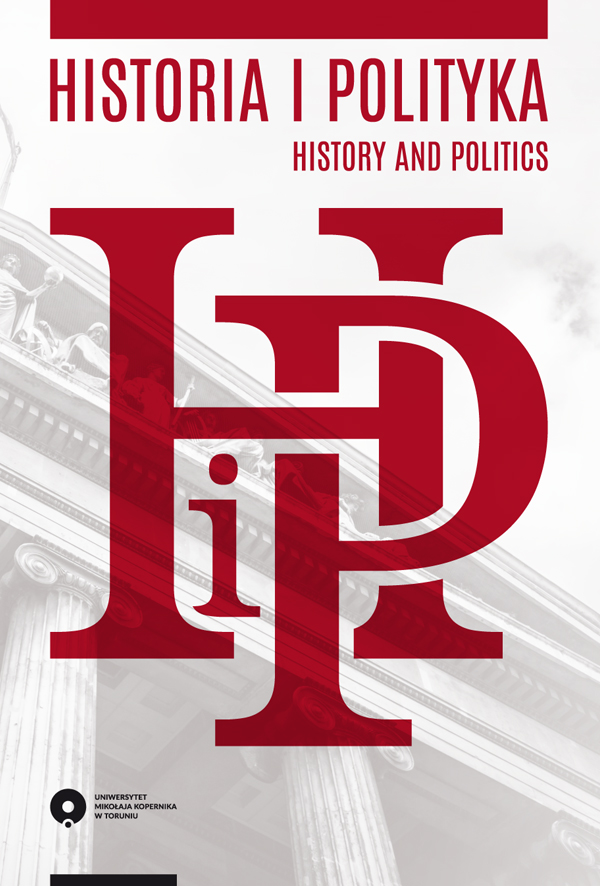Eugenika i przejawy jej recepcji w polskiej myėli politycznej do 1939 roku
Eugenics and indications – its reception in the Polish political thought
Author(s): Grzegorz RadomskiSubject(s): Politics, Recent History (1900 till today), 19th Century
Published by: Wydawnictwo Naukowe Uniwersytetu Mikołaja Kopernika
Keywords: Eugenika; myśl polityczna II RP;
Summary/Abstract: The term eugenics was introduced by Francis Galton in the 19th century. It is a system of views declaring the possibility of improving hereditary characteristics of human beings by creating conditions favouring the maintenance and development of advantageous features. The basis for the development of the movement was fear of the biological degeneration of mankind. The disadvantageous outbreak of social pathologies that could have been observed in a number of countries was allegedly the harbinger. So, the purpose of the movement was to create a perfect society by gradual elimination of sick and socially not adapted individuals. It was divided into two sub- categories: positive and negative eugenics. In case of the latter, the purpose was the limitation of the development of disabled persons and as it was defined euphemistically the "less valuable” ones. The most brutal method of restricting the birth ratewas the compulsory sterilization. In the article the following subjects have been presented inter alia: beginning and development of eugenic thoughts on the Polish ground reception of eugenic ideas in Poland development of eugenics in the thirties of the 20th century Polish political thought versus German Sterilization Act of 1934 Attitude of the Catholic Church to eugenics, inter alia the encyclical Casti connubi.
Journal: Historia i Polityka
- Issue Year: 11/2010
- Issue No: 4
- Page Range: 85-100
- Page Count: 16
- Language: Polish

